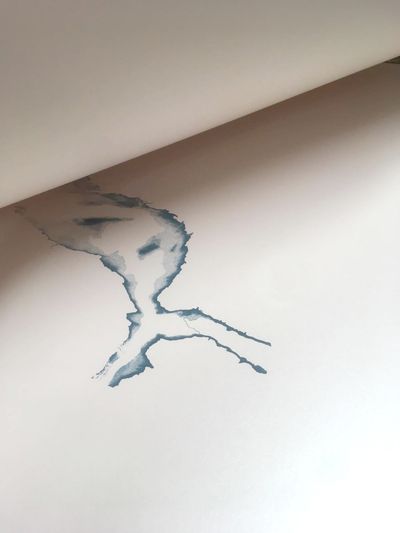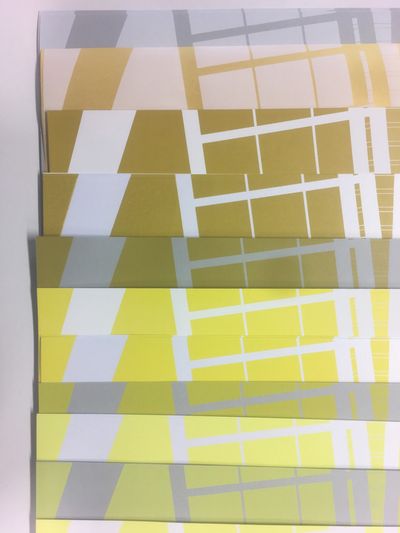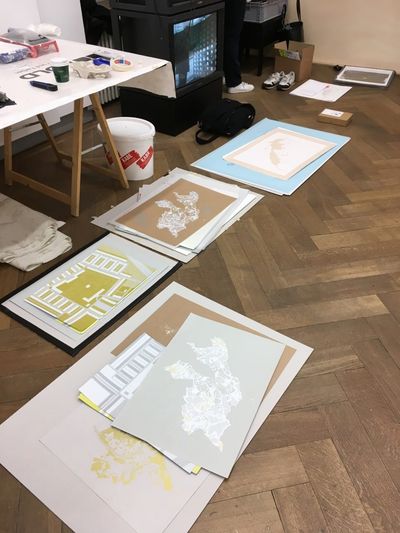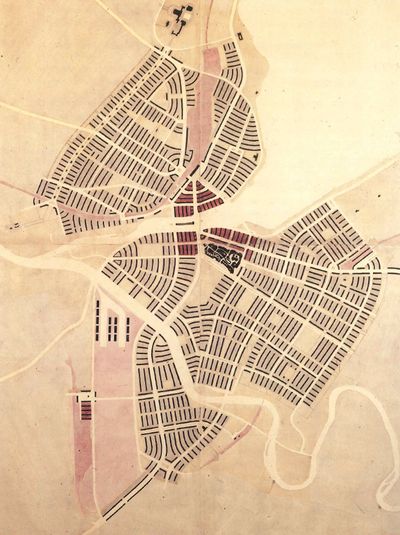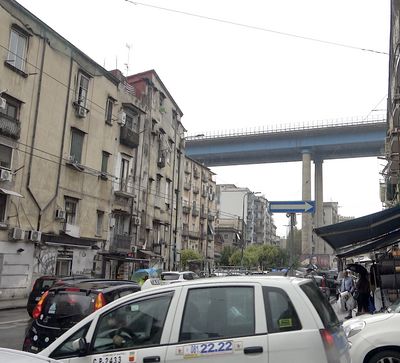Swiss Architecture Museum
Dichte Geschichte
The discussion about “density” in Switzerland is nothing new, to the contrary. It as old as the phenomena of intense urban growth, land speculation, urban sprawl, and the loss of fertile ground to construction—it is deeply rooted in the Swiss planning tradition. However long before the concept of “density” had been articulated in the Swiss planning discourse, radical ideas and projects have already emerged as endeavours to meet accelerated growth of urban population, and to deal with the resulting pressure on cities and on land.
In the frame of the exhibition Dichtelust—Forms of Urban Coexistence in Switzerland at the Swiss Architecture Museum we will attempt to challenge the prevalent understanding of “density” by revisiting a series of projects, selected to illuminate critical histories of urban and territorial planning in Switzerland during the last century. The projects are part of rich anthology of ideas originating in different historical moments, based on different ideological lenses and illustrative of different design intentions, but they all have in common the urgency of the rapid urbanisation of the Swiss territory. It is fascinating that these projects continue to bring critical perspectives to the contemporary urban debate, in offering alternative positions on “density”. They demonstrate thought-provoking approaches to how urban growth can be conceived of beyond the focus on “density”, by showing more complex and more nuanced spatial imaginaries that integrate multiple dimensions of the territory, from social and political to ecological.
Architecture of Territory participated in the exhibition with a series of silkscreen prints created by students in the framework of the thesis elective course PROJECTS ON TERRITORY.
The thesis elective course Projects on Territory focusing on histories of urban and territorial design in Switzerland has been conducted jointly by the professorships Marc Angélil and Milica Topalovic, and taught by Metaxia Markaki and Ferdinand Pappenhein, with the support of Sascha Delz, over the course of three semesters: Autumn 2017, Spring 2018 and Autumn 2018.
